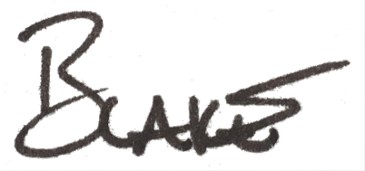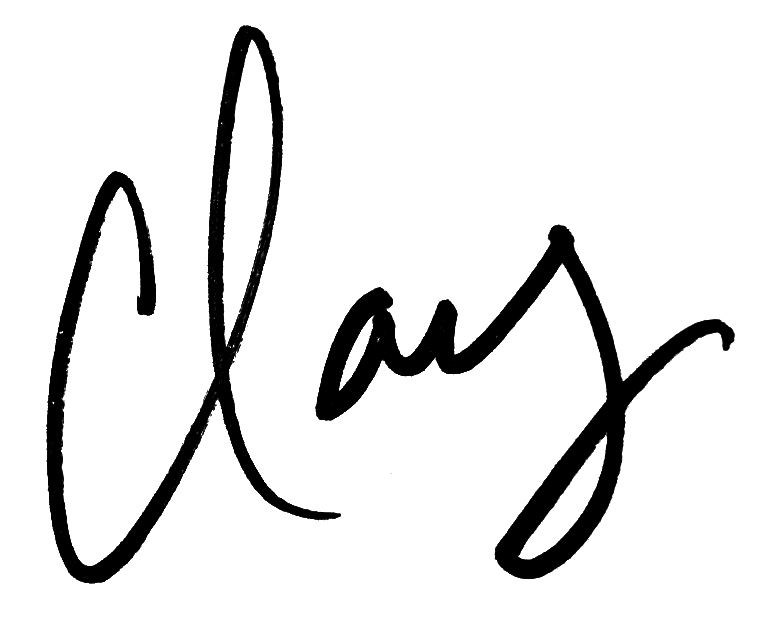
TIPS & TOOLS, Article 1: "Is Your Bubble Bursting?"
Posted on March 22, 2020 by Blake Leath and Clay Morgan
Is Your Bubble Bursting?
Ours is, but we’re not alone. Sandwiched somewhere in the middle between COVID-19 deniers and outright doomsdayers lie the rest of us, the majority. We’re not professional athletes, celebrities, politicians, or the frontline of defense or attack in this world war, but we are consequential in this fight and doing our part as asked by temporarily retreating from the outside world in a combined effort to help “flatten the curve” and stop COVID-19 in its tracks.
Those are words we never anticipated writing, but there they are. We’ve all read a lot of words in the past few weeks we never imagined reading.
Somewhere along the way (be it the past week for North Americans, a week or two ago for Italy, Spain, and Europe writ large, and up to 90 days ago for China), society’s bubble began to burst. That burst continues—is spreading and enlarging, in fact—and will get worse before it gets better. For those with discretionary income, now is as good a time as 2008 and 1987 to 'buy low' and invest, but what are the 3.3 million Americans who filed for unemployment last week to do, those living paycheck to paycheck?
As ordinary citizens, we are doing our best to stay abreast of this dynamic, ever-evolving situation that has both personal and professional implications the likes of which many of us have not experienced in our lifetime. And we want to be part of the solution, not the problem, so members of our team will periodically share Tips & Tools, which, for this season, one can rightly describe as tumultuous times. There are no silver bullets (or, if there are, at least we haven’t heard of them…yet), but sometimes it helps to think aloud with others, and to share, particularly if it’s constructive, positive, and pragmatically actionable advice.
Our unscheduled submissions in this spontaneous series will not be elaborate, fancy, or overly produced; there simply isn’t time, energy, or slush money for that, nor do we believe anyone is particularly interested in reading more than a thousand words from Leath Group on his/her tiny smartphone. But as motivated or moved, we will share small, simple things that are helping our own self-talk or are positively buoying our families, our team members, our clients, or our communities.
Today’s small, simple tip is the burst.
If you’re like others with whom we’ve engaged in recent days, then you’ve probably been saying one particular four letter word a lot lately. Not the spicy four-letter words we’re discouraged from saying as children, or in mixed company, or in places of worship, but rather, an ordinary four-letter word that hides in plain sight and goes uncensored.
In truth, maybe it’s not so much a full word as it is the root of a word: RUPT.
Think of all the words this tiny root produces:
Rupture
Interrupt
Abrupt
Erupt
Disrupt
Corrupt
Bankrupt
The root of all those words, rupt, simply means to burst, but it’s a somewhat violent word.
Aspects of your life right now (if they have not already begun to transition beyond the phase of “suspended animation”) are likely interrupted because the whole world (and life as we know it) has been disrupted. This massive disruption has sent more and more of us into residential isolation where routines are also bursting. In fact, you’re likely discovering all sorts of new interruptions daily, challenges you’ve never experienced before.
The original Latin word, rupture, meant fracture, like a bone breaking. The metaphor is fitting, no? The current pain points have happened suddenly (abruptly), are distressing, and will require time to correct. In fact, whether you’re a COVID-19 denier or doomsdayer, the truth of the matter is that economies have been wrecked, healthcare capacity is hemorrhaging, and it will take several weeks, months, or, in some domains, perhaps even years for equilibrium to be restored.
So, the big question for today is simply What can I do about it?
The first step begins with acknowledging reality. In fact, that’s the first step in every successful recovery program. It’s okay to feel anxious, unmoored, perhaps even angry. Life is definitely not fair; we’re not always dealt a winning hand; no one enjoys losing control. Uncertainty is scary.
But here we are, in the void, so it’s time to accept the facts of the moment. Composure must be regained before it can be maintained, and it’s up to you—an influencer at work, at home, in your community—to screw your head on straight and pull yourself together. People are looking to you, counting on you for the tone that you set. If you’re calm, others are inclined to be calm. If you’re panicky, others may panic, too, and panic is terribly destructive. (“Panic purchasing,” in fact, has disrupted supply chains around the world. Exhibit 1: Toilet Paper.)
Rather than being fearful, what if you were opportunistic?
After all, what we are experiencing shall eventually pass, sure as the sun will rise again tomorrow. And then, of course, there will always be something new, something next. The next thing. That, too, is certain. Our world, our ecosystems, are living, breathing entities, and as such, they change, they adapt, they evolve, they transform and are transformed. Heraclitus wrote, "In the same river we both step and do not step, we are and are not." That’s the nature of...nature. Flow, flow, flow.
As for today, we encourage you to find your routine, your schedule, some sense of normalcy and stability amid the new (ab)normal business as (un)usual, and get yourself moored. Once you’re anchored—be it to faith, philosophy, safe shelter, approved social distancing strategies, virtual communication tools, or that notorious toilet paper roll in the restroom—turn your eyes to your ever-expanding locus of control.
We’ll share some tips and tools to do so now and again, but remember, bursts and breaks are not restored immediately, but rather, bit by creeping bit, so cut yourself some slack and give yourself some grace. And practice patience. This may not be a terribly long journey, but it won’t be an overnight recovery, either. Mind the rocks and waves, yes, but keep your eyes on the lighthouse as you swim to the next buoy.
T4/Article 1 (Burst Bubble) Applications:
- Check your thinking: Are you currently denying or doomsdaying the effects of COVID-19
- What would others say about your behavior in recent days?
- Are there any ‘rupts’ or ‘bursts’ in your personal or professional life in recent days? If so, what are they? What might be the short-term consequences of them (and long-term, if they persist)?
- What are the factual realities you’re facing? What are the feared/most extreme realities you may face in the not-so-distant future? Are these likely, or mostly hyperbole?
- Despite the fears and the losses (be they real or imagined), what opportunities exist in this 'purgatory period'? How might you 'seize the day'?
- And finally, what are some activities or routines that you can begin each day to remain grounded and create a sense of normalcy? Is there some future state—or end goal, belief, or philosophy—to which you can fix your eyes and remain stable in coming days and weeks?
Answers to these questions (which we also encourage you to share with those around you, by the way) are good starters toward increasing your self-awareness and becoming socially accountable, and social accountability is not only a stepping stone toward positive reinforcement, but also toward new habit-creation.
Until next time, onward and upward!

